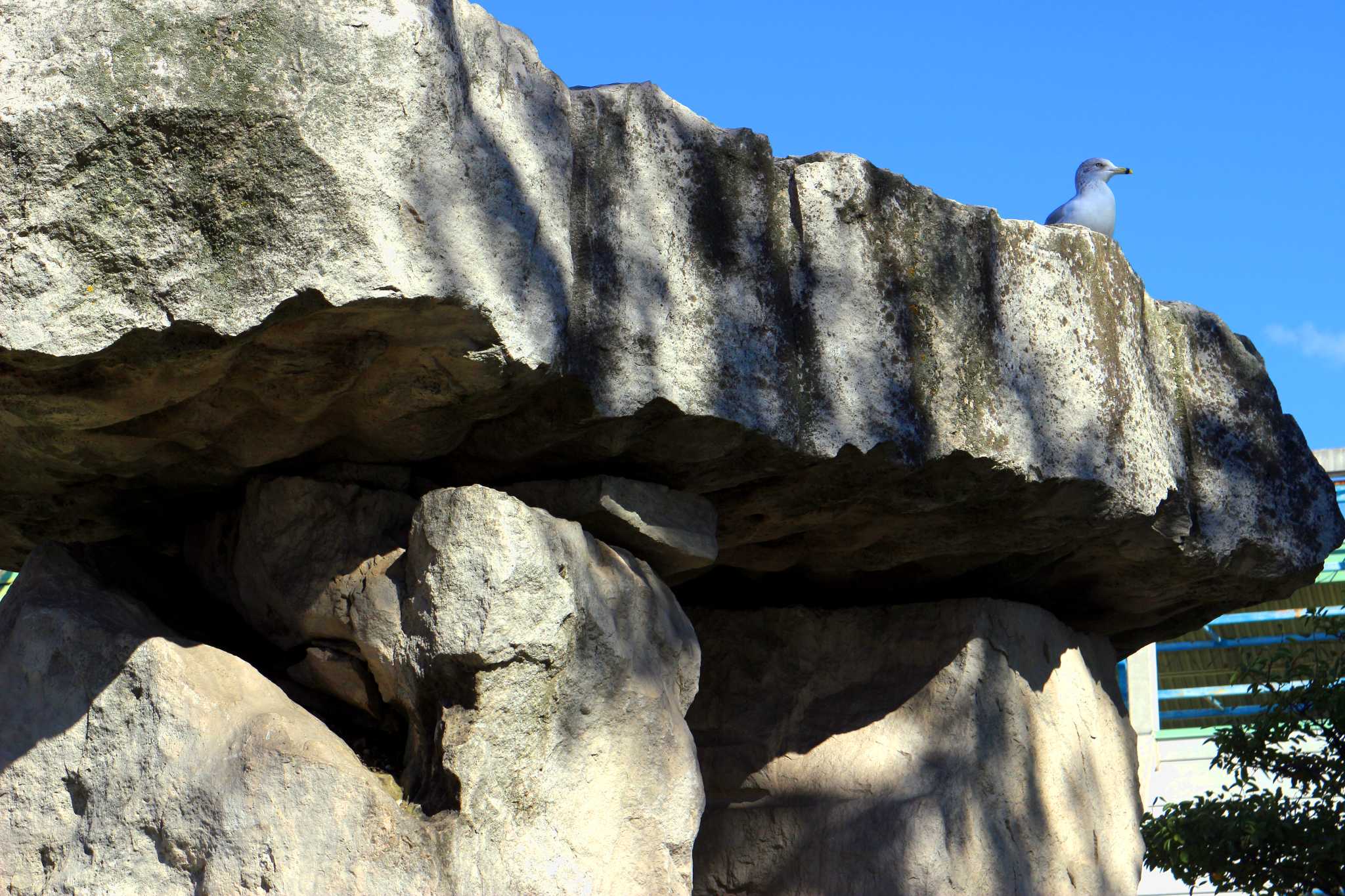I’ve always been curious about experimenting with form in every way I can – I also like to try to impart some spirit of play, to go with explanations or explorations – heavy ones especially. It’s well known that brains learn better when they have some emotional stimulus to go with the content, and we’ve all got enough stress as it is. Amusement, on the other hand? Not such a glaring surplus, right? Has to be worth the attempt, at least.
Here’s a dusty example of this sort of experimenting, which I stumbled across on an ancient (last century) hard drive the other day. An Ogden Nash style summary of a wonderful Timothy Ferris book and a lifetime of reading clever speculation about the place where cosmological questions meet civilizational ones (the often ridiculed Search for Extra Terrestrial Intelligence = SETI).
This result is not at all recommended as an ideal model for the encapsulating of cosmology or philosophy, but rather a cautionary, to save you the trouble of the experiment.
Nonsense verse science lesson? Demonstrable fail! (QED)
That being said, I still dare you to try reading it aloud without a smile or two – at the meter at very least (I was a Nash maniac for years, and remain a huge fan).
Think Doctor Seuss for grownups (both for reading Nash – which you absolutely should – and for reading this silly offering aloud – same).

BTW, while I’m in astronomy mode – one of James Lovelock’s greatest regrets about the Gaia hypothesis was the name itself, suggested to him by his good friend novellist William Goldman, to help him ‘sell’ it. The romantic and ancient association was intended to evoke an emotional response in the readers, and though it probably did boost sales, it also went a long way toward obliterating the very particular hard science origins of the theory. It actually came from thinking about the lack of life supporting chemistry on other planets, and why it was that so many cyclical processes that were exhausted into equilibrium elsewhere, remained active (and life-sustaining) cycles here.
Still a book worth reading, despite all of the research since – as a dizzyingly broad fundamental hypothesis, it uniquely explains a great number of problems in home-planetary science. His original scientific title reflected this more clearly. (Then again, how often can you use the word homeostasis without having to explain it?)
No politics involved whatsoever. Even less sentiment. Space Science, not hippie philosophy. Really not a leftist conspiracy! ;o)
More like Einstein – incredibly smart and imaginative new framing, from an extremely long scale perspective, about a rather important question more of us ought to be asking:
– How exactly (by what means, that is) are we lucky enough to enjoy life on earth?
And then – how can we best help this interlinked suite of profoundly beneficient general processes continue? One thing is clear, we will not get there with mere fretting and good intentions – we will need serious practical curve-closing policy and behavior – a level of honesty and responsible action we haven’t even proposed discussing yet. Politics being vastly inadequate to the task, that means we have a duty as citizens, to thoughtfully engage with and persuade an effective majority, of the reality of our situation. We must create enough political will on all sides, if we want any hope of avoiding the lemming-style endgame. This is actually not about fault (seperate question) – it’s one of those practical limits instead. Very simply – no one else will do it!
¯\_(ツ)_/¯










